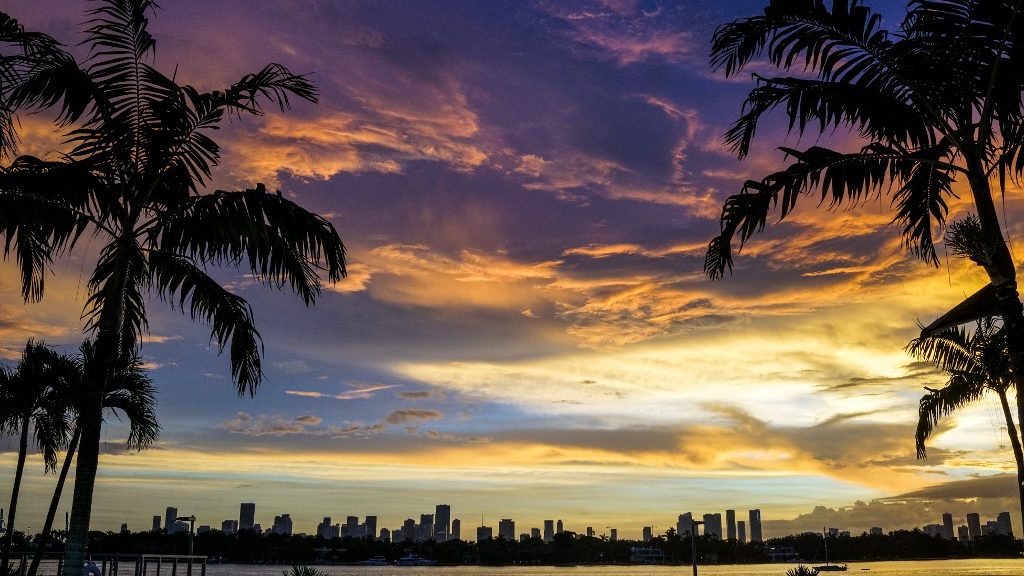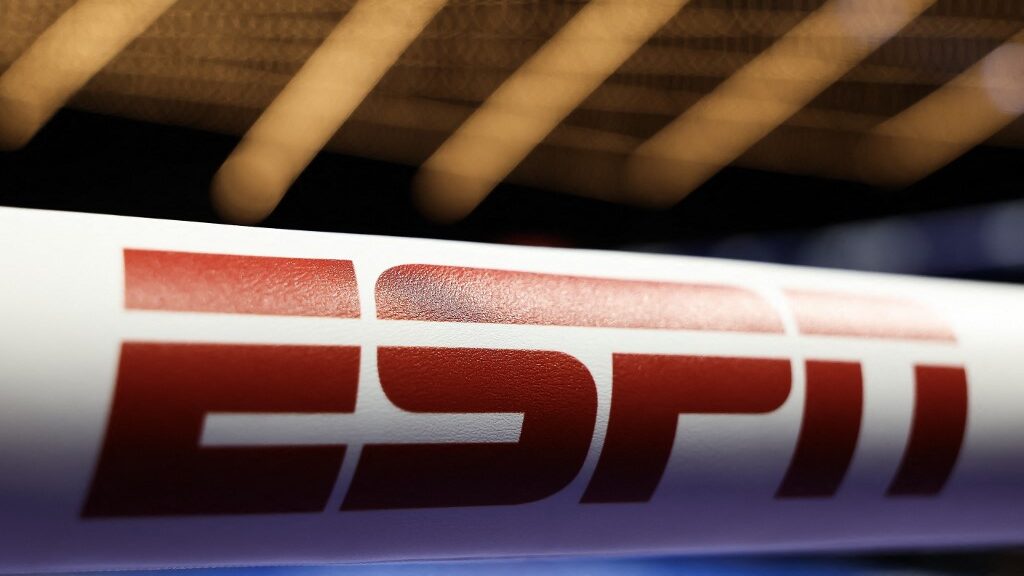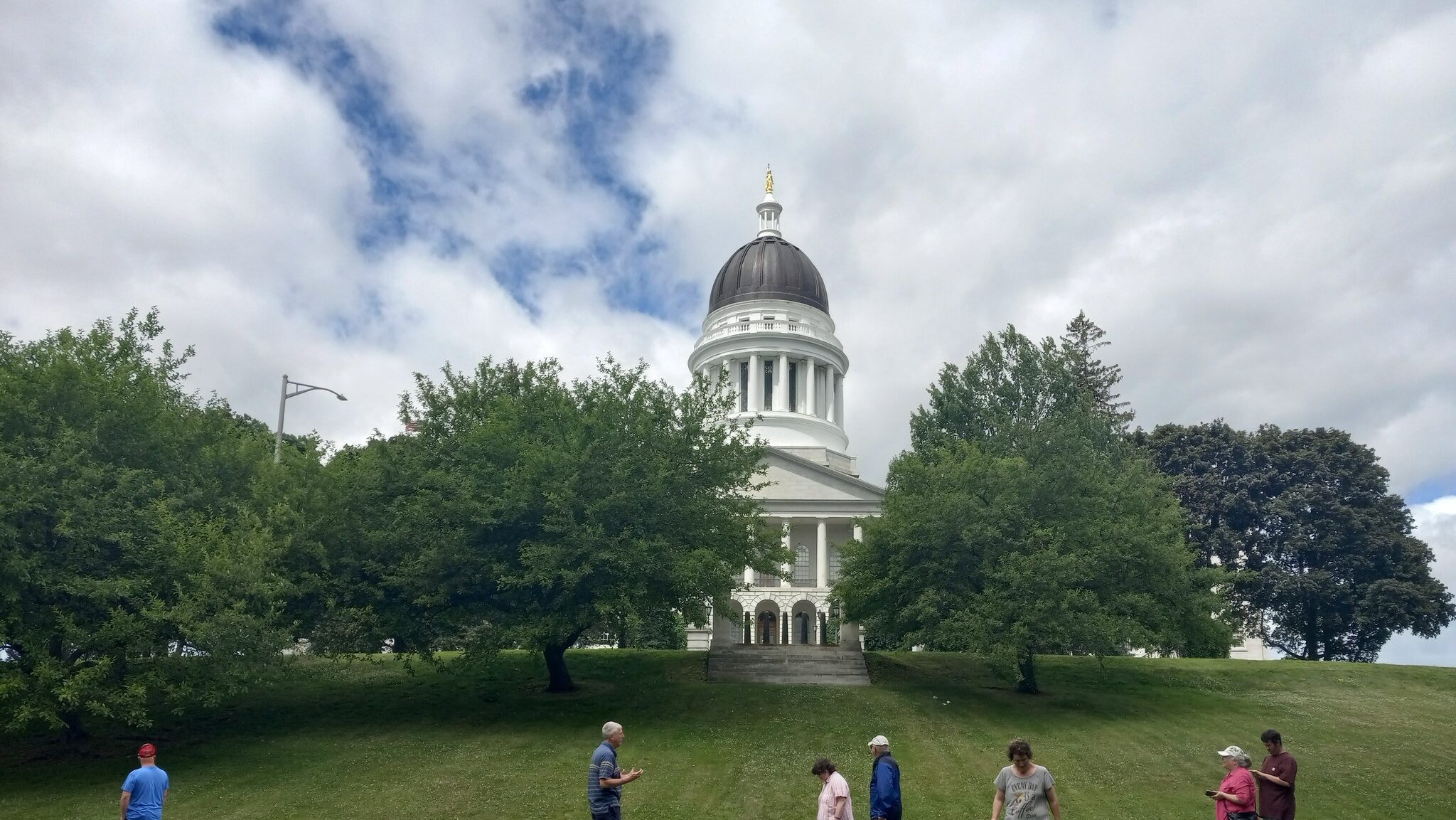
Overwhelming optimism has turned into guarded pessimism with respect to a quick and painless launch of legal sports betting in Florida. One of the three big fish states yet to join the US legal sports betting family, along with California and Texas, the Sunshine State looked to be on a solid path toward legalization with the April announcement of a ground-breaking compact agreement between Florida Gov. Ron DeSantis and the Seminole Tribe of Florida. But things have gotten a little more complicated than most would have expected or hoped.
Multiple lawsuits on multiple fronts have cropped up against the state’s plans for legal retail and mobile sports betting. They all surround the newly agreed-upon compact that would give the Seminole Tribe power to control the Florida scene. While opening and running their own retail and mobile platforms, they will also be granted power to partner with pari-mutuel facilities that will launch their own platforms.
“In an effort to circumvent this clear prohibition in the state Constitution, the 2021 compact and implementing law provide that a person sitting on her poolside lounge chair or his couch at home placing a sports bet through the tribe is ‘deemed’ not to be placing a bet that is otherwise illegal in the state,” one lawsuit said. “The 2021 compact unlawfully deems the bet to be placed on the tribe’s reservation, where the servers will be located. However, this is nothing more than a legal fiction belied by the fact that sports betting is still taking place outside the tribe’s reservations in a state where sports betting remains illegal.”
Each of the lawsuits threatens to at a minimum delay the desired fall launch with the potential of stalling legalization for the foreseeable future.
The Seminole Tribe Reach
The Seminole Tribe is no stranger to running casinos, hotels and restaurants around the world. Currently, the tribe controls six casinos in Florida along with six other retail gambling facilities in other states which include Canada and the Dominican Republic. The Seminoles also runs a hotel and restaurant chain, boasting 70 locations worldwide.
“There is no one else in the casino industry with that kind of global footprint,” said Jim Allen, chief executive of Seminole Gaming and chairman of the Seminole-owned Hard Rock International.
The Headwinds
At issue is the compact signed between Governor DeSantis and the Seminole Tribe. Prior to the Florida decision, Native American Tribes had been prohibited from offering mobile betting outside of Tribal lands. Sports betting has been allowed to Tribes as long as mobile betting took place on their property only. The Florida agreement would see the Seminole Tribe launching and running mobile sports betting spanning the whole state.
The argument for state-wide mobile betting for US tribes have been made thanks to an agreement in Oklahoma that paved the way for its Native American Tribes to run mobile betting off their property. New Jersey’s stipulation that all mobile betting is centered in New Jersey, not the individual casinos offering internet-based sports betting is also cited in Florida’s moving forward with their controversial decision to allow Tribes to extend mobile betting beyond their Tribal lands.
The issue is before the federal Department of the Interior whose job it is to accept of decline the wording of any negotiated change in compacts. That decision is due by the end of July or the beginning of August. All eyes will be on the ruling.
In the meantime, Southwest Pari-mutuels and anti-gambling groups such as No Casino have stepped up their opposition to the renegotiated compact wording.
Other Issues
Prospective operators within the Florida legal sports betting scene have also chimed in on the proposed Seminole Tribe legal sports betting “monopoly”.
Groups including the political action committee Florida Education Champions have aligned with sportsbook providers in the belief that Florida voters should have their say on the issue on the 2022 election ballot. A petition requiring 900,000 signatures is the first step and 60% of Florida voters will have to ultimately approve.
While a more “open” market could result, such a proposal if far from guaranteed.
On the Line
If the positive legal sports betting momentum indeed continues, Florida will become the largest state in terms of population so far in the US to legalize a sports betting platform. 21.5 million citizens will gain the right to place a legal sports wager and the throng of Florida sports teams will directly benefit from legalization.
Governor DeSantis has identified $6 billion in revenue for the state through 2030 if the compact is ultimately accepted and legal sports betting is legalized. That number could reasonably go higher.
There is a lot on the line for Florida and their legal sports betting scene. The next couple of months will tell us a lot about the legality and the ultimate appetite of making the Sunshine State the largest sports betting market in the country.















